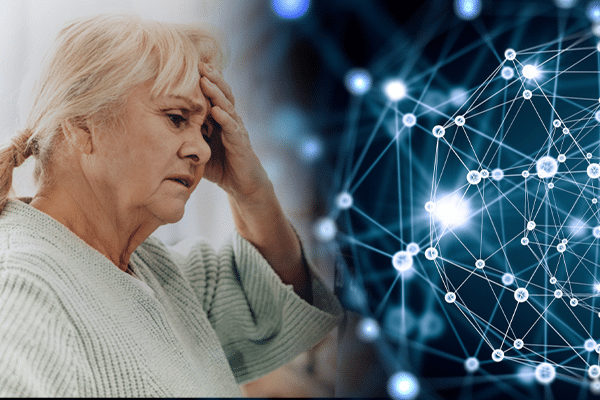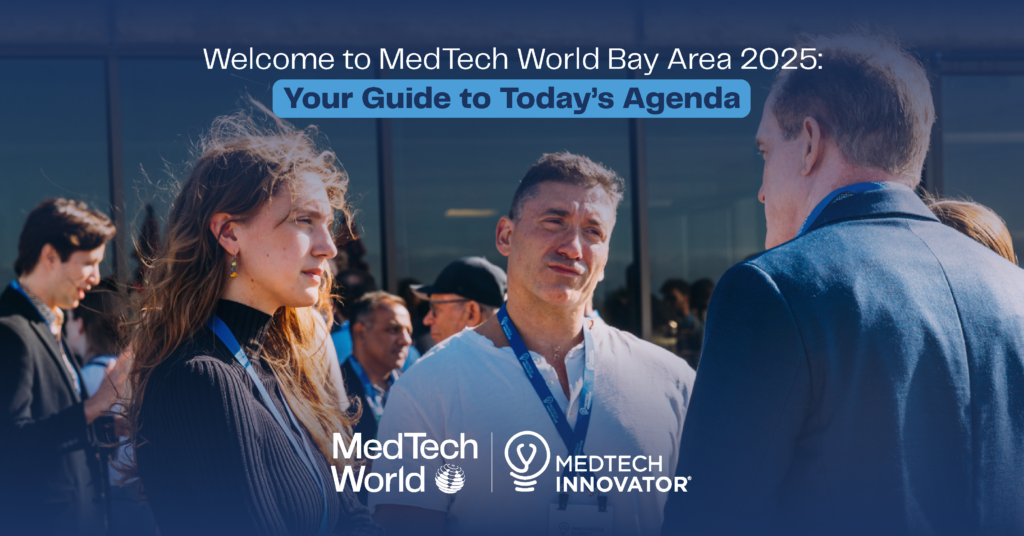
Michael Joe Cini
10th August 2021
Dementia Can Go Digital
Dementia can be caused by several conditions and the most common is Alzheimer disease which accounts for 60-80% of all dementias
Words by Dr. Ryan Grech and Dr. Dylan Attard, Clinical & Health Tech Advisors for MedTech World and two of the co-founders of Digital Health Malta.
This week we thought we’d look at how technology is enhancing dementia care globally. Dementia, most common in adults above 65, is not a disease perse, but rather it is a term that describes a decline in brain function as a result of brain damage that affects behaviour, memory and motor skills amongst other things. Dementia can be caused by several conditions and the most common (and perhaps most known) is Alzheimer disease which accounts for 60-80% of all dementias.
Whilst multiple pharmaceutical companies and researchers are attempting to find a cure, all dementias remain non-curable at the time of writing and, therefore, care relies on the management of symptoms associated with disease progression. So what can digital do to help? Given the prevalence of dementia globally we decided to shine a spotlight on the various ways that digital can help with improving the morbidity for these patients and help their carers reducing some of the anxiety and worry.
Fall Prevention and Detection
Falls are prevalent in the elderly primarily as a result of gait and balance disturbances. Given the deterioration in cognition and motor skills, it is no surprise that there is an even higher prevalence of falls in the elderly with dementia, approximately twice those without dementia. Falls are a serious issue that can lead to hospitalization as a result of sustained injuries. This can have a ripple effect over several things such as morbidity on the patient, an increased burden on carers and overall increased healthcare expenditure. Furthermore, it has been noted that individuals with dementia are more likely to become institutionalized once they are admitted. So how can digital help?
Wearable sensors that detect the patient’s gait and balance can be used to detect early on any instability whilst generating daily risk assessments. This in turn allows early intervention by the caring physician thereby prevent or at least delaying falls. Similarly, wearable sensors can also detect when a fall occurs. Sometimes, elderly patients can fall without anyone noticing for long periods of time which compounds the possible primary injury due to muscle injury from lying still, known as rhabdomyolysis. Therefore, detecting that a person has fallen and with a message being sent to their carers enables the engagement of emergent services promptly. This can be either done automatically or depending on the person’s level of cognition can allow the person him/herself to trigger communication with a 24/7 triage service. Whilst this is not prevention, it tries to limit the damage from the fall and allows early intervention.
What’s interesting is that even consumer devices can carry out the above functions. Take Apple, for example, their watch can detect falls whilst the iPhone can also capture data regarding mobility such as walking speed, step length etc which can be used to detect early changes in gait.
Activities of Daily Living (ADLs)
The decline in cognition, motor function and memory that dementia brings with it will result in patients requiring increased assistance with ADLs such as bathing, feeding, shopping, managing medications and cooking. Yet again, digital has the potential to improve the quality of life of both patients as well as their caregivers, enabling them to live independently for as long as possible.
Smart-home devices, although not specifically designed for dementia care, are powerful tools that can extend the time that patients live independently in their homes. Automation accompanied by Artificial Intelligence will make sure that when the person leaves home, appliances are turned off or can ensure adequate heating. Smart home devices also allow remote control of lighting and appliances which enable monitoring by caregivers giving them peace of mind that if the kettle is left on, they’re notified and can switch it off remotely. Smart-home sensors can detect whether windows or doors have been left open. Carbon monoxide and smoke detectors can send alerts if levels deviate from normal. Smart-home devices help maintain a safe environment and hopefully prevent accidents.
Bluetooth trackers such as Apple’s Airtag or Tile can be attached to valuable items such as keys or wallets and can help both patients and their carers locate items, again allowing them to live more independently.
The My Carer Alexa service allows users with early-stage dementia to set reminders for daily tasks, including taking their medications, checking for mail, and preparing meals again. This helps maintain their independence and boost their confidence.
Wandering
Wandering is a common behaviour exhibited by patients with dementia that can threaten their health and safety. Generally, wandering refers to the frequent, repetitive, and disordered movement that manifests in random patterns of motion that sometimes can result in patients leaving their homes and getting lost. As you can imagine, patients who still manage to live in the community have a higher likelihood of wandering, leading to injury, sleep disturbance, malnutrition, and ultimately earlier institutionalisation. Digital can also play a role here, not only in aiding the patients but also offers reassurance to the caregivers that they are informed about any odd behaviours.
Yet again, wearables with GPS and cellular technology can help this. For example, GPS SmartSole has put a GPS tracker in the sole insert for shoes, checks the user’s location every so often and updates the location data in an app that is on a caregiver’s smartphone. Caregivers in turn can designate geo-zones which when the GPS SmartSole enters or exits, alerts will be sent to them. There are a variety of solutions which also include just using the person’s phone or smartwatch – again using the geofencing feature that notifies both the user and caregiver when the user leaves the area.
There is tremendous potential for digital health technology to augment dementia care and perhaps the biggest challenge is that these services/devices are still quite costly. Whilst these solutions may not be for everyone and each individual should be assessed in their own right, we encourage governments to help and offer financial assistance, as apart from improving the morbidity of these patients and giving a huge helping hand to their caregivers, a reduction in hospitalisation and institutionalisation of these patients may be financially beneficial in the long run. The industry should keep on pushing to create solutions that will enable safe, independent living and prevent unnecessary hospitalizations at a more affordable price point.
Med-Tech World: 18th-19th November 2021
The Med-Tech World conference, which follows a successful digital event in 2020, will run from 18th-19th November 2021 and will highlight innovations and developments in digital health across the globe. With so many countries realising the potential for exponential growth, Med-Tech World will address the opportunities and challenges driving this multi-million forum – embracing the potential for technological innovation to change the face of medicine in this global sector. Register your interest here!




